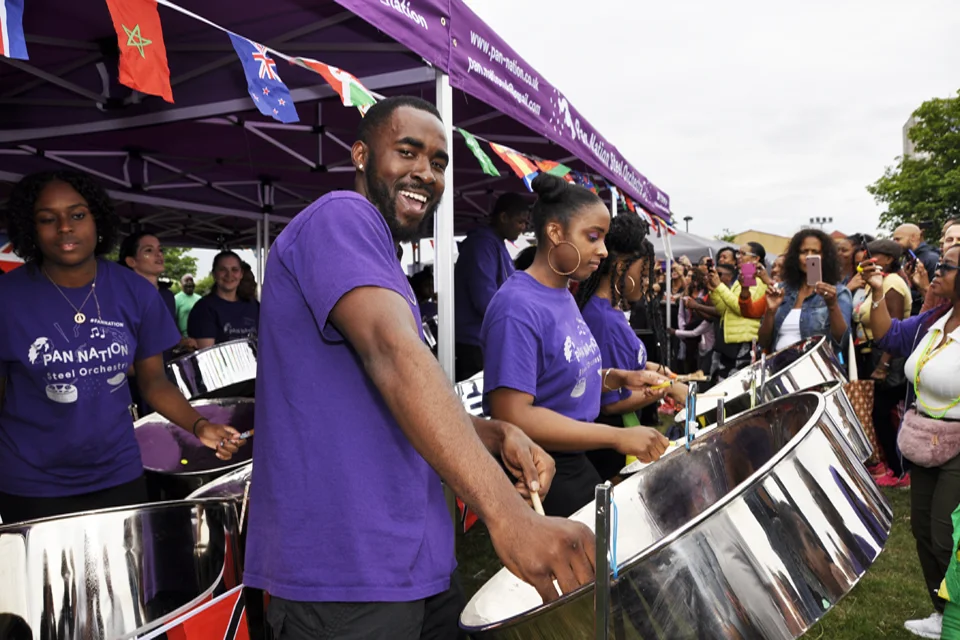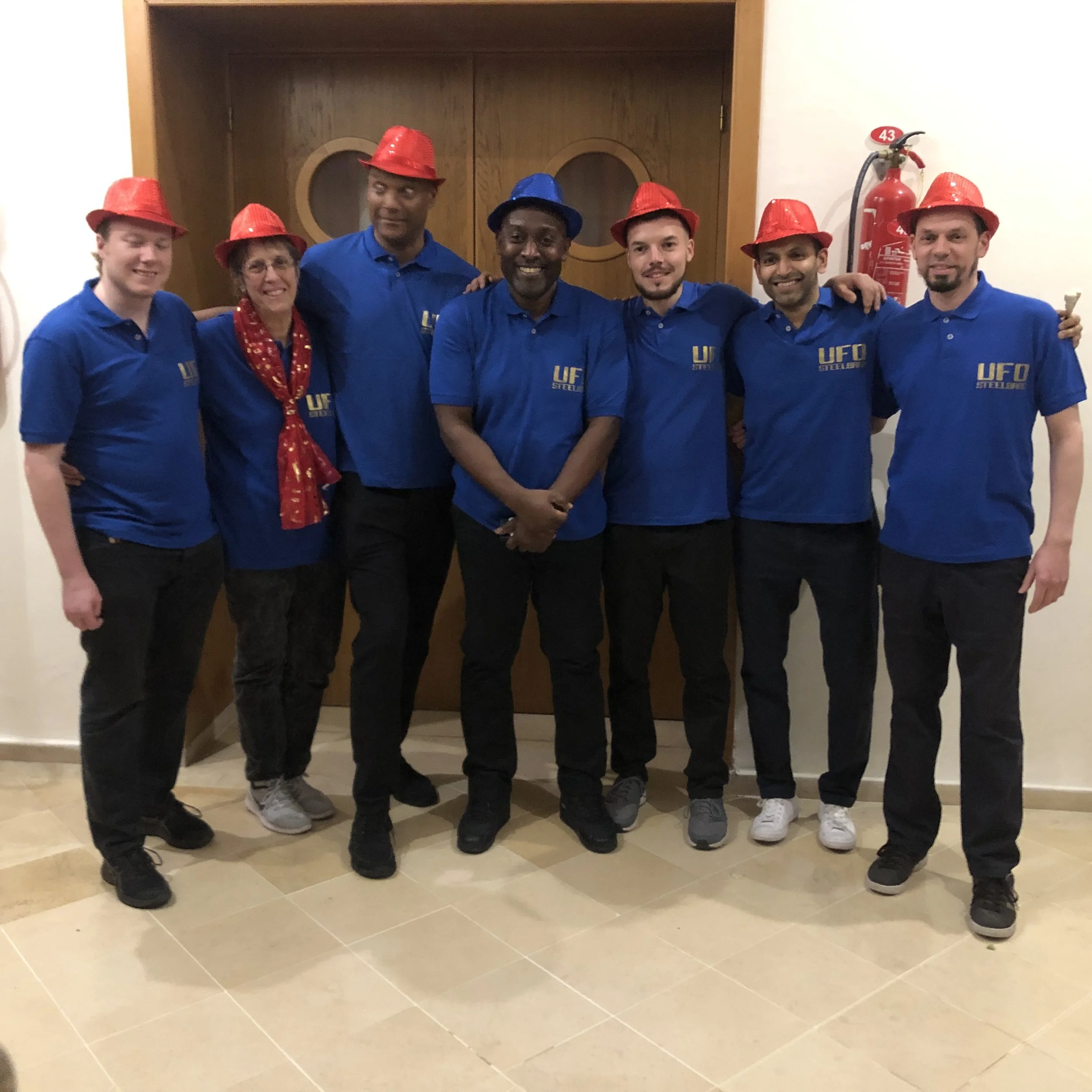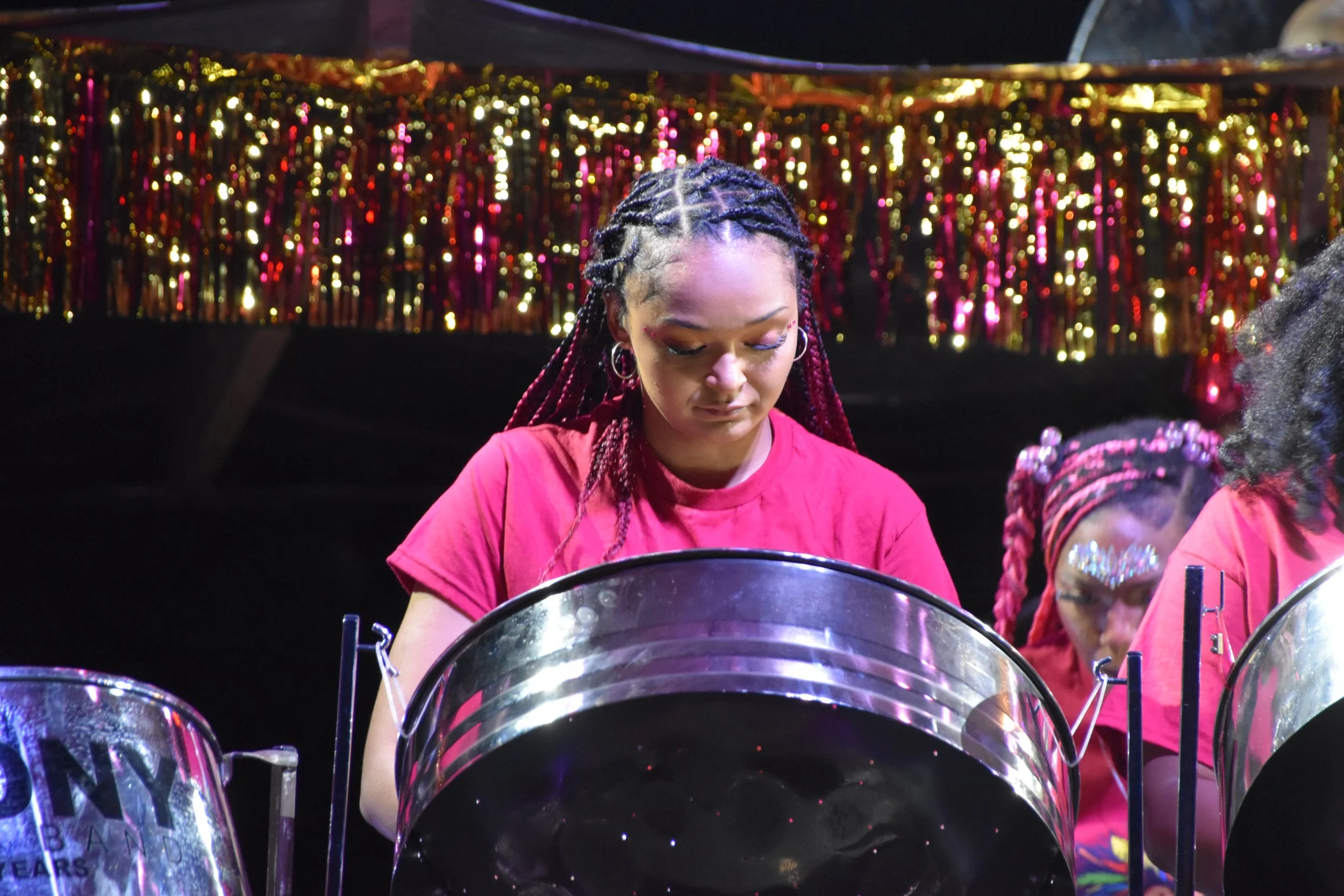The Traceys: An intergenerational story of African music
Swedish composer Ludwig Göransson used a selection of local recordings of traditional African music to inspire his music for the film Black Panther, which won an Oscar for Best Original Score. He sourced these tunes from the International Library of African Music(ILAM), the world’s largest repository of indigenous African music, which was established by Hugh Tracey nearly 70 years ago, and then run by Hugh’s son, Andrew.
There are striking parallels between Hugh and Andrew’s work and that of the Lomax family in the US. John Lomax was an ethnomusicologist who did numerous field recordings of blues, cowboy, folk and chain-gang music. John and his son Alan began recording in 1934, and, crossing the continent, amassed over 10 000 recordings of vocal and instrumental music on aluminium and acetate discs for the Library of Congress. They helped to bring musicians such as Lead Belly, Woody Guthrie and Pete Seeger into the public eye. Alan’s son and grandson are both prominent in the music industry.
Unlike the Lomaxes, the Traceys never had government funding in their quest to preserve the music of the continent. Nevertheless, they managed to raise money from other sources, and the legacy of the extraordinary Tracey family is that it has managed to create a present and future for traditional African music, an oral tradition that may otherwise have been lost forever.
This story examines the unique and magical connection of the Tracey family – Hugh, Andrew and Andrew’s son, Geoffrey – to traditional African music, culture and belief systems.
In August 2017, the Krugersdorp farm that once belonged to Hugh, and where Geoffrey grew up, was transferred to a new owner. Before the sale, I was privileged to attend a workshop on African rhythms run by Geoffrey, inside an old stone farmhouse on the smallholding known as Saronde. On a tour of the farm, Geoffrey showed me the abandoned rusty trailer that his grandfather had towed up into Africa on his many field trips to record ethnic music, and my curiosity about the Tracey tale was piqued.
By Derek Davey





